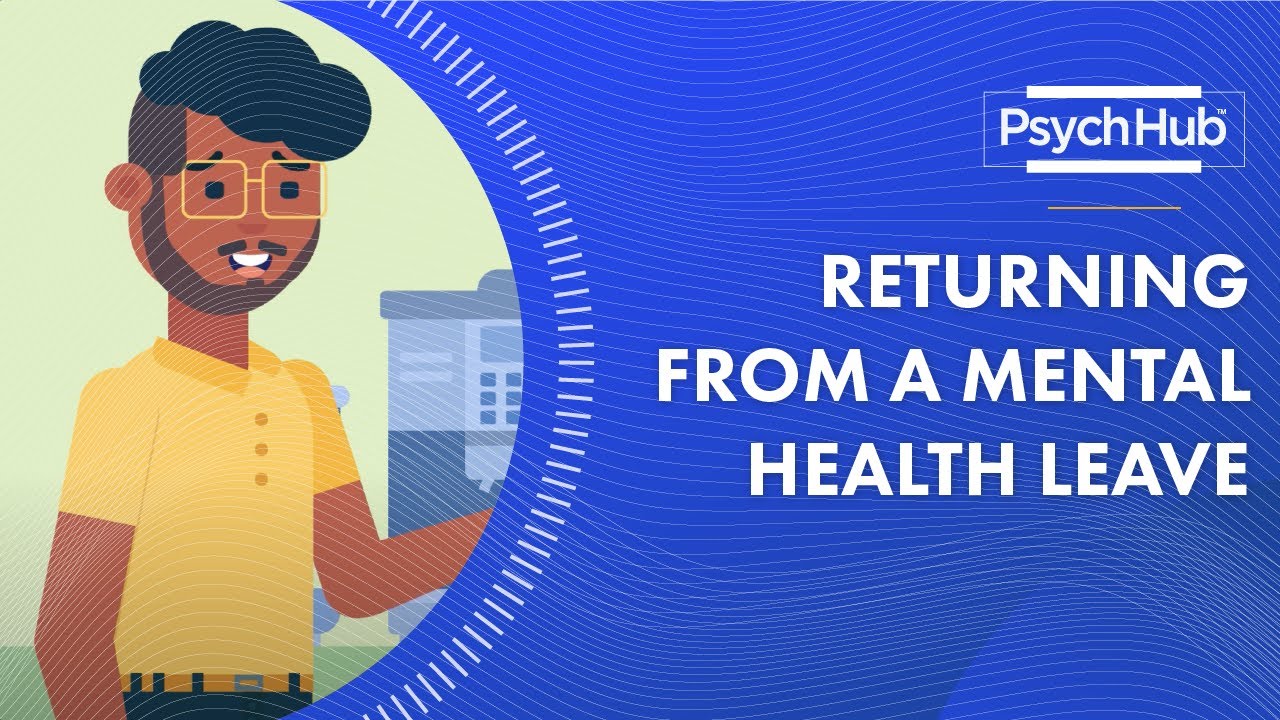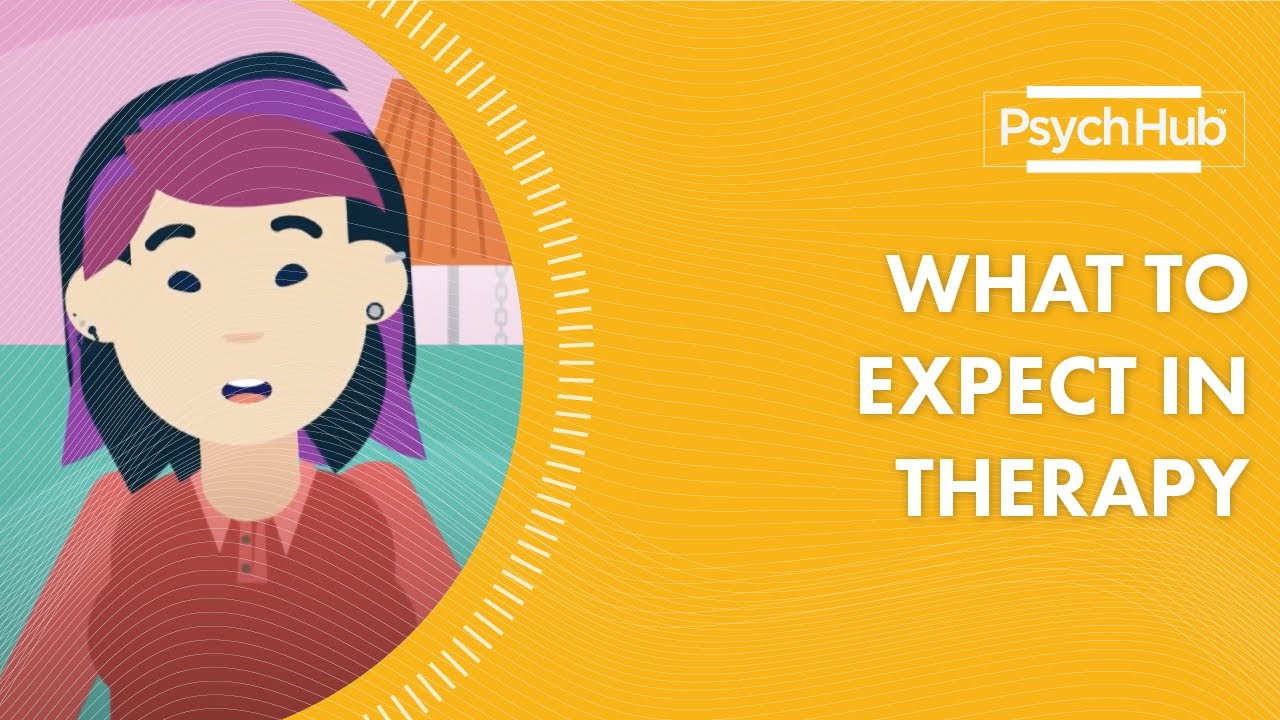Have you ever wondered how just a few minutes of a simple daily practice could transform your mental well-being? According to a revealing study from the Universities of Bath and Southampton, published in the British Journal of Health Psychology, a daily 10-minute mindfulness practice can significantly enhance mental health. We’ll go through the study’s findings, methodologies, and implications to understand why such a seemingly modest practice carries such potent benefits.

Study Overview
The research conducted by the Universities of Bath and Southampton aimed to explore the impact of daily mindfulness practice on mental health. Published in the British Journal of Health Psychology, this study draws attention to the positive effects of a consistent and brief mindfulness routine.
Research Objective
The main objective was to determine whether a short, daily mindfulness practice could offer measurable benefits in mental health, particularly by enhancing psychological well-being and reducing symptoms of depression and anxiety.
Key Findings
The study concluded that a daily 10-minute mindfulness practice significantly boosted psychological health, resulting in:
- Improved mental well-being
- Reduced depression and anxiety symptoms
- Better sleep quality
- Enhanced motivation for adopting healthier lifestyle choices
Method
The researchers used the Medito app’s “30-Day Challenge,” which is designed for beginners and includes mindfulness exercises like body scans and focused breathing. This framework ensured that the study was accessible and systematic, allowing participants worldwide to partake from their smartphones.
Medito App’s “30-Day Challenge”
The 30-Day Challenge in the Medito app is made up of various daily mindfulness exercises intended for beginners. Typical exercises included body scans and focused breathing, making it a user-friendly introduction to mindfulness practices.
Design of the Study
Participants were divided into two groups: the mindfulness group, who performed these exercises for 10 minutes daily, and an active control group, who listened to 10-minute audiobook excerpts from “Alice’s Adventures in Wonderland” without mindfulness content.
| Group | Activity |
|---|---|
| Mindfulness Group | Daily 10-minute mindfulness practices |
| Control Group | Listening to 10-minute audiobook excerpts |
Participants
The study’s participants consisted of 1,247 adults from 91 different countries, making it one of the most diverse studies to date on the subject.
Participant Demographics
The participants, hailing from 91 countries, presented a diverse sample in terms of age, gender, and cultural background. Such a varied pool lends the findings a level of generalizability across different populations.
Randomized Allocation
To minimize bias, participants were randomly allocated into either the mindfulness group or the control group. This randomization added to the credibility of the research findings by ensuring that any observed effects could be attributed more confidently to the intervention itself rather than external variables.
Completion Rates
While the study started with 1,247 participants, only 24% completed it. This high attrition rate is a notable limitation and will be discussed later in the analysis.
Control Group
The control group listened to excerpts from the book “Alice’s Adventures in Wonderland” for 10 minutes daily. This intervention was designed to engage the participants without incorporating active mindfulness components.
| Component | Description |
|---|---|
| Activity | Listening to audiobook excerpts |
| Duration | 10 minutes daily |
| Content | “Alice’s Adventures in Wonderland” excerpts |
Purpose of Control Group
The control group served as the baseline to compare the effects of the mindfulness practices. It helped in distinguishing the effects caused specifically by mindfulness activities as opposed to any other form of daily engagement.

Findings
The outcomes of the study were promising and revealed several major benefits of daily mindfulness practices.
Mental Health Improvements
Participants in the mindfulness group exhibited significant improvements in their mental health. Notable reductions were observed in the symptoms of depression and anxiety.
- Psychological well-being: Improved significantly among mindfulness practitioners.
- Symptoms of depression: Declined noticeably.
- Anxiety levels: Reduced effectively.
Sustained Benefits
Interestingly, the positive effects of the mindfulness practice were sustained for two months even after the initial 30-day practice period ended. This suggests that short-term mindfulness interventions can lead to long-lasting mental health benefits.
Health Habits
In addition to mental health improvements, participants reported better sleep quality and increased motivation for healthier behaviors, such as regular exercise and healthy eating. These changes indicate that mindfulness practice can foster a holistic approach to health.
| Benefit | Description |
|---|---|
| Sleep Quality | Improved |
| Exercise Motivation | Increased |
| Healthy Eating | Enhanced |
Importance
This study underscores the significance of digital, accessible, and brief mindfulness interventions. The findings suggest that such practices can be a powerful tool for improving mental health and encouraging healthier lifestyles.
Digital and Accessible
One of the most compelling aspects of the study is the use of a digital app, making mindfulness practice accessible to a global audience. This digital approach breaks down barriers, enabling people from various backgrounds and locations to easily partake in mindfulness activities.
Brief and Effective
The effectiveness of a brief 10-minute daily routine is particularly noteworthy. It demonstrates that impactful mental health practices do not have to be time-consuming or complex.
![]()
Limitations
Every study has its limitations, and it’s crucial to acknowledge them for a balanced understanding of the findings.
Self-Reported Measures
One limitation is the reliance on self-reported measures for assessing psychological well-being and health habits. Self-reports can introduce bias as they depend on participants’ perception and honesty.
High Attrition Rate
Only 24% of participants completed the study, signaling a high attrition rate. This could affect the reliability of the results and indicates that future studies should aim for better participant retention strategies.
Lack of Objective Measures
The absence of objective measures for the reported health behaviors is another limitation. Future research could benefit from incorporating objective monitoring tools to validate these self-reported outcomes.
| Limitation | Description |
|---|---|
| Self-Reported Measures | Reliant on participants’ subjective reporting |
| High Attrition Rate | Only 24% of participants completed the study |
| Lack of Objective Measures | No objective verification of health behaviors |
Future Research
The results laid a promising foundation but also highlight the need for further exploration.
Long-Term Effects
Future research should focus on the long-term effects of mindfulness practices. Understanding whether the benefits observed can be sustained beyond two months is critical for developing lasting mental health interventions.
Specific Health Behaviors
There’s also a need to delve deeper into how mindfulness influences specific health behaviors. Determining the exact pathways through which mindfulness impacts habits like exercise and diet could refine and optimize intervention strategies.
Improving Completion Rates
Given the high attrition rate, future studies should aim to enhance participant engagement and retention. This could involve gamification of the app features, regular reminders, or even incentives for completion.
| Future Research Focus | Description |
|---|---|
| Long-Term Effects | Understanding sustained benefits |
| Specific Health Behaviors | Exploring pathways to health habit changes |
| Improving Completion Rates | Enhancing participant engagement |
![]()
Conclusion
The study from the Universities of Bath and Southampton offers compelling evidence that a simple, daily 10-minute mindfulness practice can significantly enhance mental health and promote healthier lifestyles. Despite some limitations, such as reliance on self-reported measures and a high attrition rate, the findings underscore the powerful potential of digital and accessible mindfulness interventions. Future research should aim to explore these benefits in more detail, focusing on long-term effects and specific health behaviors.
Embracing a short, daily mindfulness routine might just be the key to unlocking better mental health and overall well-being. So, why not give yourself a few minutes each day and see what positive changes unfold?




